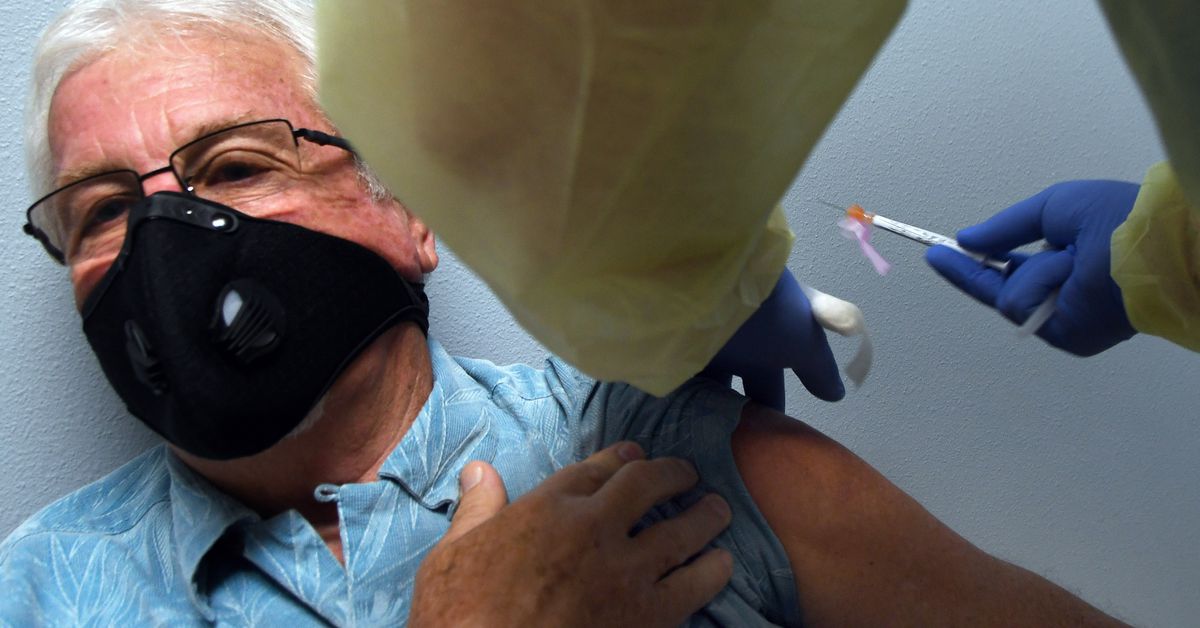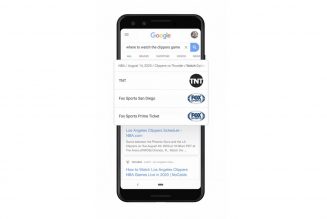
When the COVID-19 vaccine becomes available in the United States, officials’ first challenge is getting the people in the door for their shots. Then, they’ll have a second problem: making sure they come back again to get a second dose of the same vaccine. With two two-dose vaccines headed for authorization, the logistical challenges of a vaccination program are only magnified.
“You don’t want to have someone get the first dose of one brand of vaccine, and a second dose of another,” says Ben Moscovitch, project director of health information technology at The Pew Charitable Trusts.
Assuming the Food and Drug Administration authorizes the vaccines after they review the data later this month, states will start to receive shipments of the Pfizer and BioNTech vaccine on December 15th, and the Moderna vaccine on December 22nd. From there, it’s up to states to distribute the vaccines. Both take two doses, given a few weeks apart, and both could be circulating at the same time. And that’s just the two front-runners. Other multidose vaccines are still in the development pipeline.
There are a few ways states, doctors, and patients could keep the dosages straight, says Claire Hannan, executive director of the Association of Immunization Managers. In the simplest solution, everyone who gets a COVID-19 vaccine will also get a card that tells them which vaccine they had and when their next dose should be. But that’s the last line of defense in a complex vaccine tracking system. “As the backup to the backup to the backup, they’ll hand out cards,” Hannan says.
Ideally, the cards won’t be necessary because patients and doctors will be able to rely on electronic records and digital registry systems to keep track of who got which vaccine and when they got it. Through the pandemic, states have struggled with digital systems for other key areas, like COVID-19 testing — sometimes relying on fax machines and incomplete, handwritten forms to send information from testing sites to local health departments. But Hannan says the US immunization data collection systems at the state level are prepared to manage the expected crush of information from an unprecedented mass vaccination campaign like the one the country is about to start. Most tools were in place even before the pandemic hit.
“We are not at a point where all of our state systems are connected, but we’re also not at a point where we’re using paper,” Hannan says.
When someone gets their first dose of a COVID-19 vaccine, the information could be collected in a few different ways. Some places might use specialized vaccination clinic software in the early stages: a hospital might use a program that sends a link out to eligible employees who could register for a vaccination appointment, and then it sends them a reminder when they’re supposed to come in for their second dose. Other health systems, particularly if they’re administering shots in-house, might use their patient electronic health records for the same function.
Big health systems with robust electronic health record management will likely have an easier time with this process than smaller clinics, says Howard Forman, a professor of public health, management, and economics at Yale University. “They’re used to keeping track of whether patients have had their followup appointments,” he says.
The health systems and clinics will then need to report their vaccine data back to the state. Each state has its own Immunization Information System (IIS), a centralized registry that keeps track of every vaccine each person vaccinated in that state has received. Vaccination clinic software and electronic health records systems feed into those registries, which help doctors keep track of the vaccination records for individual patients, and also give each state big-picture data on vaccination rates in individual communities.
A state-level IIS can also notify doctors and patients when people are due for a second dose of a vaccine. They already use them to keep track of doses for the meningitis B vaccine, Hannan says. “That requires multiple doses, and there’s two different brands, and they’re not interchangeable,” she says.
Beyond just tracking doses for individual patients, digital registries are a way for states — and the federal government — to see how many people have been vaccinated and if any groups or areas are lagging behind on vaccine coverage.
Management of vaccine dosage information will vary state by state, and jurisdiction by jurisdiction, Moscovitch says. Some are likely more prepared than others, and not every place will have the same amount of experience using these systems to track vaccinations. There may be some areas where vaccine registries are regularly used for children, but not used as frequently for adults. “That can be a challenge with COVID-19, where we want to be collecting information on adult immunization,” he says. Children have only just started to be included in COVID-19 vaccine trials, so the early waves of vaccinations will be for adults.
The systems in place to track vaccinations today are much more advanced than they were in 2009, when the country struggled to distribute and track the H1N1 flu vaccine (which was only one shot), and electronic health records were rare. Only some states used their IIS programs. Many states had to rely on SurveyMonkey to connect with health care providers about vaccine delivery, for example, Hannan says. That’s not likely to happen this time because of the systems developed in the past decade, but making sure they work like they’re supposed to is a resource-intensive challenge. “We’ve come a long way, but it’s a double-edged sword,” she says. “The disadvantage to that is it’s more complex and more costly, and it takes longer to set up.”
For example, all the electronic systems, from the state level down, are able to work together more effectively if they all use standard ways of collecting patient information. Any place giving vaccines — doctors’ offices, pharmacies, pop-up centers — should collect the same data from patients, and in the same way, Moscovitch says. That way, it’s easy to match up the records if someone needs to go somewhere else for their second shot. But no standard for that data currently exists.
Moscovitch and Pew Charitable Trusts are pushing the federal government to adopt better standards that would help match a patient with their vaccine records. There are still open questions about how well this might work with the COVID-19 vaccine, Moscovitch says. “There’s a lack of clarity. Given that a vaccine is hopefully right around the corner, these issues need to be adjudicated and publicly released, so that we can get patient matching right,” he says.









